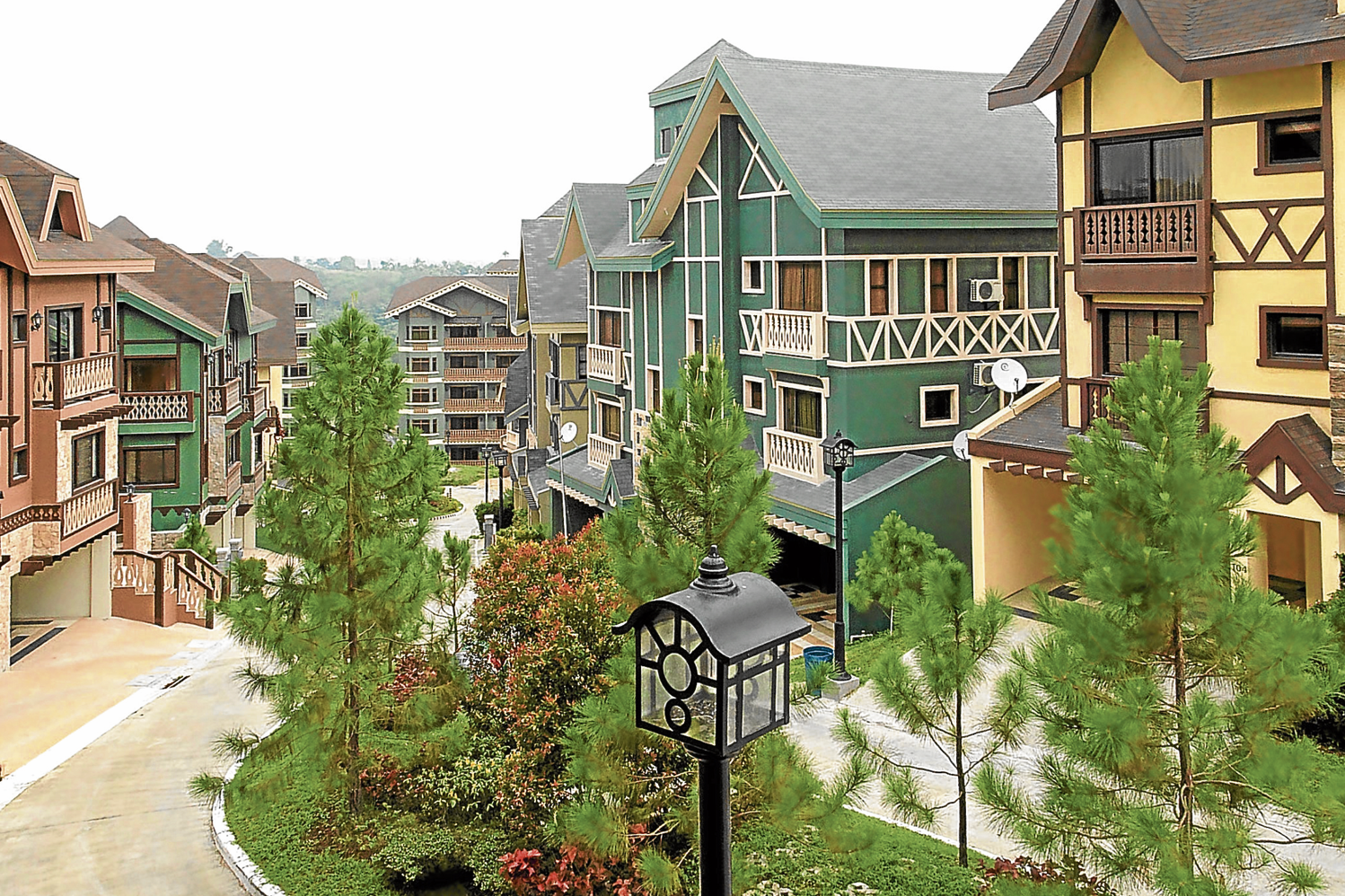In today’s times, sustainability is no longer a buzzword but a fundamental principle.
Companies that embrace environmental, social, and governance (ESG) values are not only contributing to a better world but are also securing their own future. One way to do this is by investing in fully integrated communities—self-contained, sustainable, and authentic ecosystems that offer more than just profit potential. Such endeavors align with the spirit of ESG while providing a myriad of reasons to believe that they can yield solid financial returns, enhance corporate reputation, and ensure long-term sustainability.
However, building these integrated communities is not a venture for the faint-hearted or those solely focused on short-term gains. It requires foresight, commitment, and a genuine understanding of the evolving landscape of demographics and consumer trends. The rationale for investing in fully integrated communities spans both residential and commercial perspectives.
Here are some compelling reasons to consider.
Market growth and opportunity
Across the globe, integrated communities are flourishing, especially in ESG-centric regions like Australia, Singapore, and Canada. These communities represent a burgeoning market. As they gain popularity, they naturally draw businesses that cater to the diverse needs and preferences of residents. Integrated communities become magnets for other enterprises, expanding their customer base and revenue streams.
Quality workforce
Businesses within or associated with integrated communities often find it easier to attract and retain top t alent. Employees seek workplaces that align with their values and offer a high quality of life. Focusing on diversity, inclusivity, and sustainability, well-planned developments become appealing to many professionals. This strategic intent helps businesses attract and retain a diverse and skilled workforce, reducing recruitment costs and enhancing long-term productivity.
Innovation and collaboration
Integrated communities foster innovation by bringing together individuals from diverse backgrounds. Businesses located in or partnering with these communities benefit from the exchange of ideas, perspectives, and talents. Collaboration often arises naturally in integrated developments, leading to the development of new products, services, and solutions, which in turn drive business growth and competitiveness.
Risk mitigation
Businesses in integrated communities are better equipped to mitigate certain risks. By investing early in infrastructure that anticipates future scenarios and incorporates community well-being, they create a stable and supportive environment capable of withstanding and managing external challenges, from physical calamities to economic downturns. Being part of a socially responsible community can provide protection against reputational risks during corporate controversies.
Access to executive expertise
Integrated communities attract a diverse pool of seasoned professionals and experts. Businesses can tap into this talent pool by recruiting locally and leveraging the unique strengths of the community to address their needs and challenges. This access to talent and expertise fosters innovation and business growth.
Corporate social responsibility (CSR) and reputation
Investing in fully integrated communities showcases a commitment to corporate social responsibility. It sends a powerful message to stakeholders–the customers, investors, and partners–that the company actively addresses social and environmental issues. Positive CSR initiatives enhance a company’s reputation, leading to increased customer loyalty, brand recognition, and investor confidence.
In today’s conscious consumer and investor landscape, a strong reputation for social responsibility can translate into a competitive advantage.
Main takeaway
Building integrated communities is thus not merely a trend but a strategic imperative for businesses. These communities offer a wealth of opportunities and position companies as responsible and forward-thinking, enhancing their reputation in an increasingly conscientious business world. Embracing integrated community development is not just a choice but an investment in a brighter, more sustainable future for all.
The author is an executive director of W+B Advisory Group



